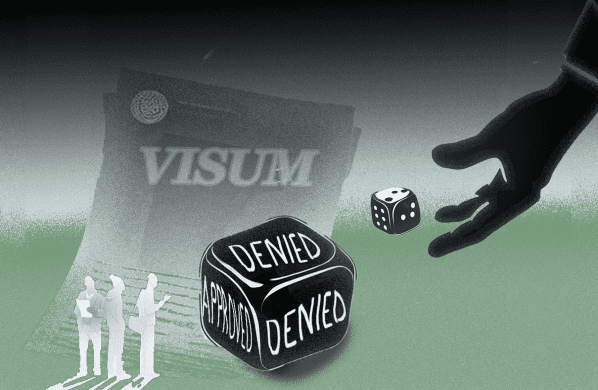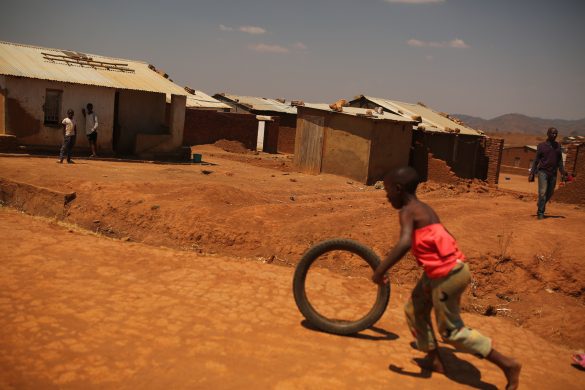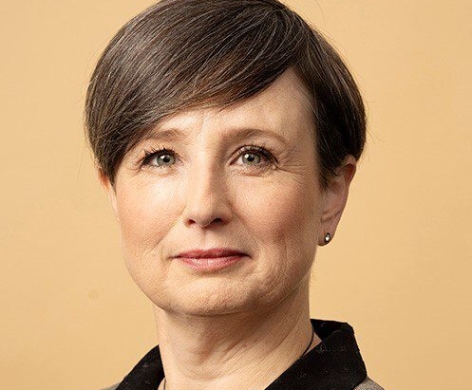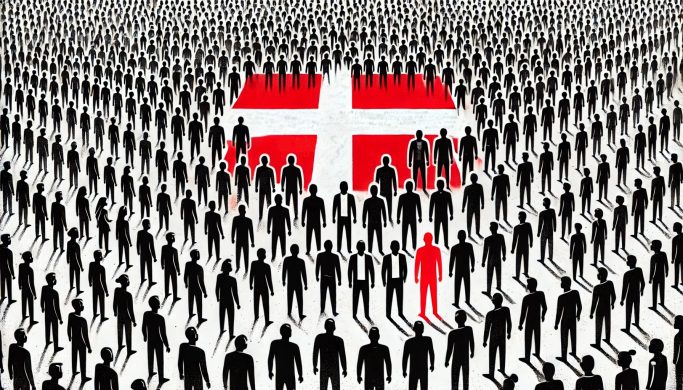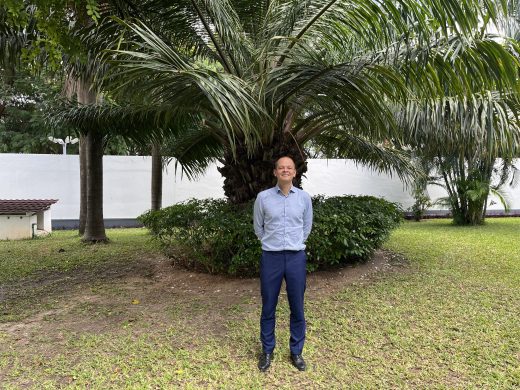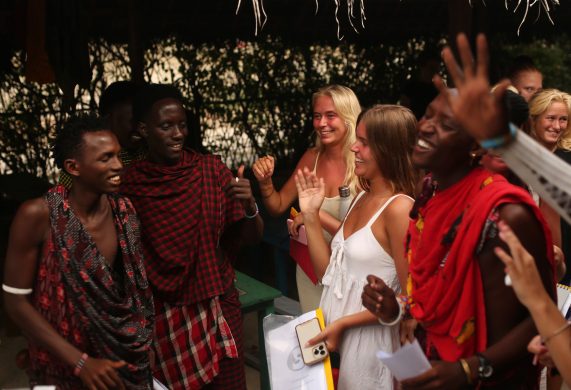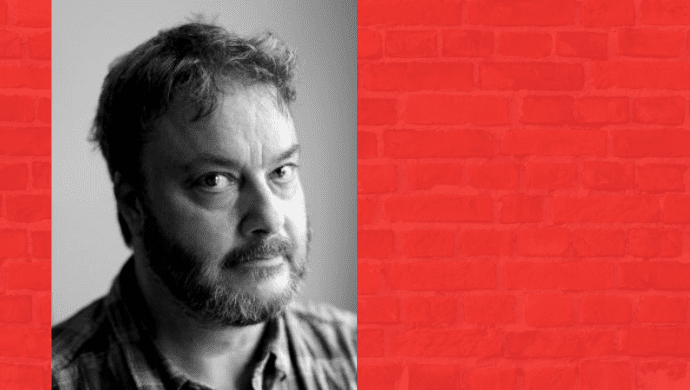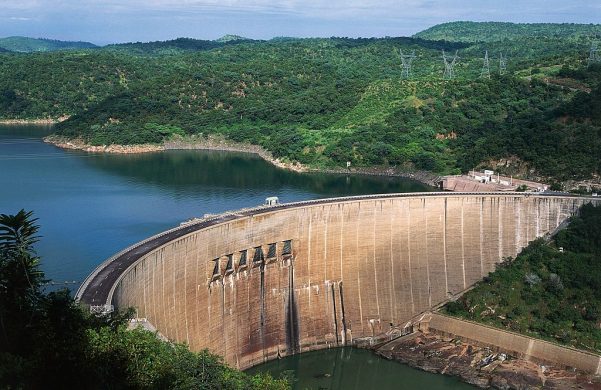ABYEI, 2 December 2010 (IRIN): Sudanese are returning from the north of the country to their homeland in the south or the border region of Abyei in growing numbers in the run-up to key referendums on 9 January, but many are struggling to adapt to an impoverished, war-ravaged environment.
– Setting up a new home is not easy, one resident of Abyei, a contested region that straddles the north-south border, told IRIN.
– Many returnees are facing a tough time after decades in a different environment. Some of the younger ones have moved from their new villages back to nearby towns and even to Khartoum, noted he.
The Southern Sudanese government launched an accelerated repatriation drive in October, with the aim of returning thousands in time for the January referendums on the future of the south and the status of Abyei.
The referendums are stipulated in the 2005 peace agreement that ended conflict between the north and south.
Unity State, which is so far the largest recipient, had received more than 16.000 by 16 November. Last week, 2.150 arrived in Abyei, marking the start of the organized return of an estimated 35.600 to that area.
– In many cases, they have sold everything that they had in the north and are coming back with what they can carry, said Lise Grande, UN deputy resident and humanitarian coordinator for Southern Sudan.
– The level of morale and enthusiasm is very high – they are coming back to take part in the referendum – but the reality of reintegration into many of these undeveloped rural areas is going to be tough for the families, added she.
– In some cases, it is a huge adjustment. There is a whole generation of southerners who were born and raised in the north, mostly in urban settings. Now the vast majority are going to rural areas that have suffered from decades of marginalization and underdevelopment, noted Mrs. Grande.
There are about 250.000 southerners in the north who have registered to come back. While nobody knows the exact number that will actually make the journey, the humanitarian community expects up to 150.000 before the 9 January referendum in the south. That is a challenge.
– What has taken the humanitarian community by some surprise is the scale of the returns. This was a programme that we had not planned for in advance, but we are scrambling to respond to the emergency needs of these people, Grande told IRIN.
A senior Sudanese official said the government was trying to manage high expectations.
– Returnees who were in camps have been receiving help, Jok Madut Jok, under-secretary in the Southern Sudanese youth ministry, said, adding: – Now they come back and get shocked by what they find. Sometimes even their land has been taken away.
Limited funding from the government of Southern Sudan, according to the UN Office for the Coordination of Humanitarian Affairs (OCHA), has “hampered planning and implementation, and generated concerns regarding protection and reintegration support”.
Abyei
Læs videre på http://www.irinnews.org/Report.aspx?ReportID=91269


